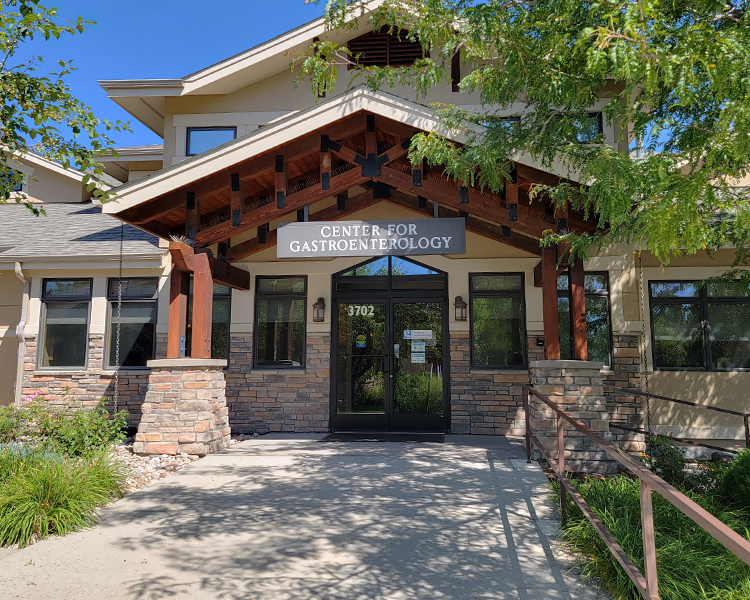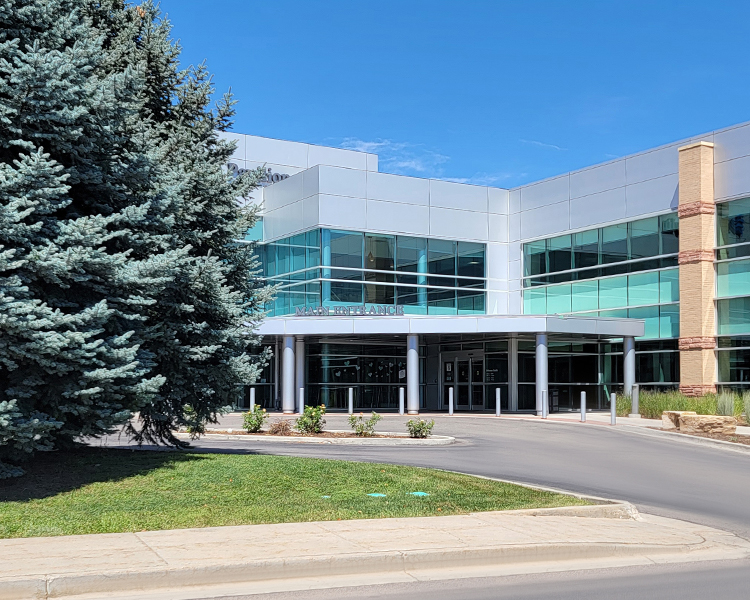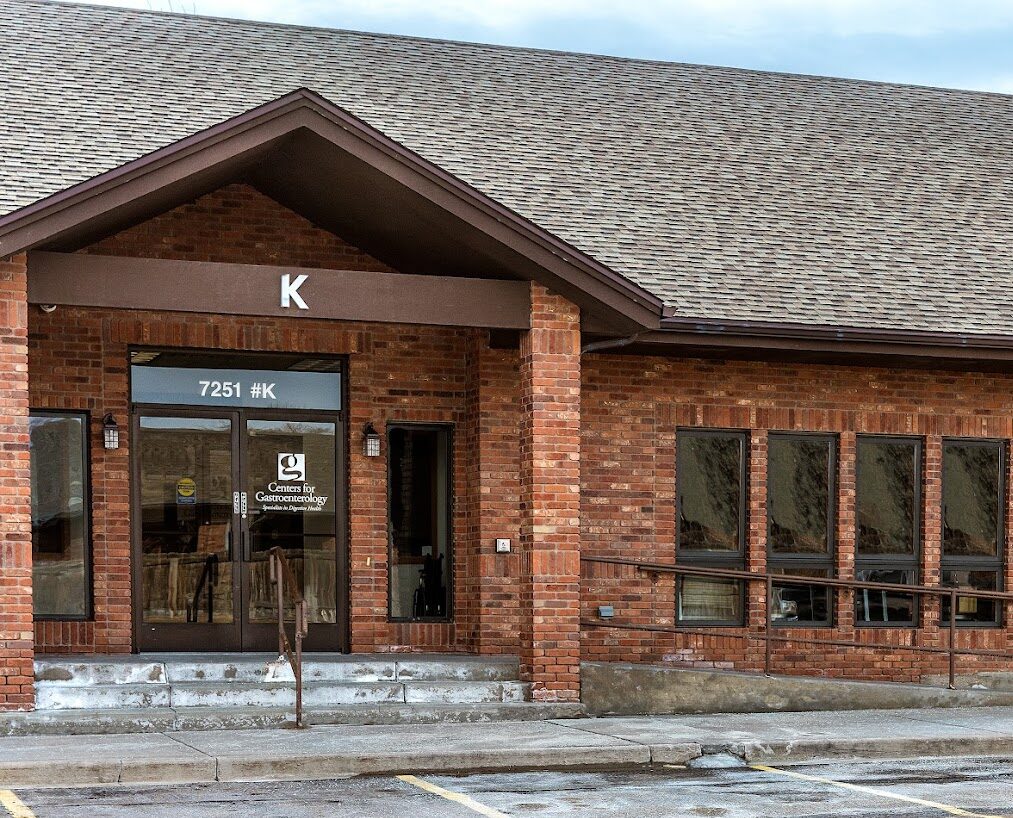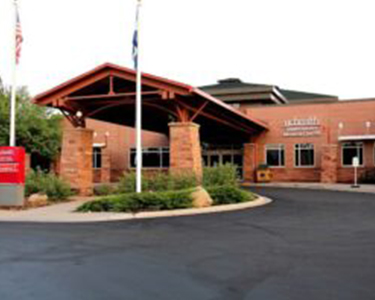If you’ve ever experienced heartburn, you’re not alone. Occasional heartburn is common, but for many people, it’s more than just an occasional nuisance. It could be a sign of gastroesophageal reflux disease (GERD), a chronic digestive disorder that can significantly impact your quality of life. At the Centers for Gastroenterology, we believe it’s important to understand GERD beyond just heartburn, so you can recognize symptoms, seek timely care, and protect your long-term health.
What Is GERD?
GERD occurs when stomach acid frequently flows back into the esophagus, the tube connecting your mouth and stomach. This acid reflux irritates the lining of your esophagus, causing symptoms that often go beyond classic heartburn.
Symptoms of GERD
While heartburn, a burning sensation in the chest, is the most recognized symptom, GERD can present in several other ways:
- Regurgitation: A sour or bitter-tasting acid backing up into your throat or mouth.
- Chronic cough or hoarseness: Persistent cough, especially at night, or a raspy voice.
- Difficulty swallowing (dysphagia): Feeling like food is stuck in your throat.
- Chest pain: Sometimes mistaken for heart problems.
- Asthma-like symptoms: Wheezing or shortness of breath, particularly in people with existing respiratory issues.
- Sore throat or frequent throat clearing
If you’re experiencing any of these symptoms regularly, it’s time to consider a comprehensive evaluation.
Why GERD Deserves Your Attention
Untreated GERD is more than an occasional discomfort; it can quietly damage your esophagus and lead to long-term health issues if left unmanaged. Persistent acid exposure can cause esophagitis, an inflammation that makes eating painful and disrupts daily life. Over time, repeated irritation can result in esophageal strictures, or narrowing of the esophagus, which can make swallowing difficult and even lead to choking episodes. GERD can also cause Barrett’s esophagus, a precancerous change in the esophageal lining that increases your risk for esophageal cancer. Beyond the esophagus, acid reflux can impact other areas of your health, eroding tooth enamel, worsening asthma symptoms, and contributing to chronic throat irritation. These complications highlight why timely diagnosis and proactive treatment are crucial, even if your symptoms seem mild or occasional. Taking GERD seriously today can prevent years of discomfort and protect your overall well-being.
Advanced Diagnosis and Treatment in Northern Colorado
At Centers for Gastroenterology, with convenient locations in Fort Collins, Loveland, and Greeley, our team uses the latest diagnostic tools to accurately identify GERD and related esophageal disorders. Depending on your symptoms, you may benefit from:
- Upper endoscopy: A minimally invasive procedure to examine the esophagus and look for damage.
- Esophageal pH monitoring: Measures acid levels in the esophagus over 24 hours.
- Esophageal manometry: Assesses the function of the esophageal muscles.
Our specialists create personalized treatment plans, which may include:
- Lifestyle modifications: Dietary changes, weight management, and avoiding trigger foods.
- Medications: Such as proton pump inhibitors (PPIs) or H2 blockers to reduce acid production.
- Minimally invasive procedures: For those with severe or persistent symptoms, surgical options may be considered.
Get Expert Help Today
GERD is more than just heartburn. If you’re experiencing persistent symptoms, don’t wait for complications to arise. The experienced team at Centers for Gastroenterology is here to help you find relief and protect your digestive health.
We proudly serve patients in Fort Collins, Loveland, and Greeley. Ready to take the next step? Contact us today to schedule an appointment or learn more about our comprehensive services for GERD and esophageal disorders.






